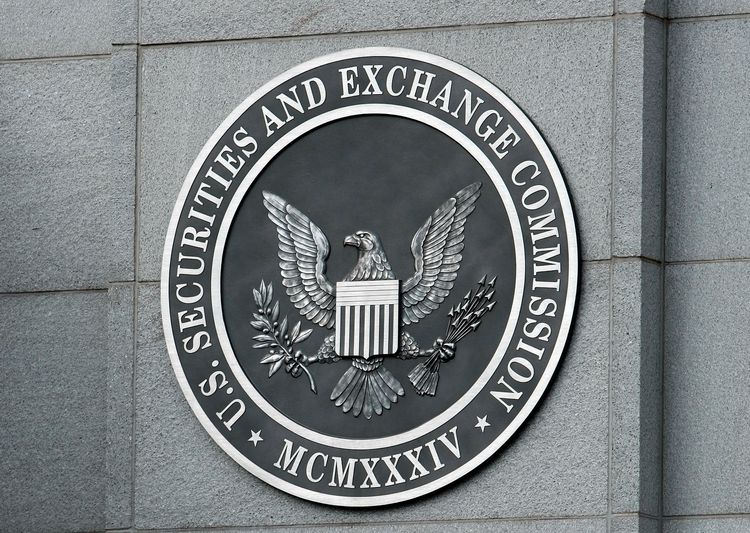New SEC Guidance Aims to Clarify Crypto Compliance
The U.S. Securities and Exchange Commission (SEC) has taken a step toward clarifying how federal securities laws apply to the cryptocurrency industry. On April 10, the SEC’s Division of Corporation Finance released a staff statement offering guidance for companies issuing or dealing with crypto assets.
Though nonbinding and without legal force, the guidance reflects the SEC staff’s observations about existing disclosure practices in the crypto space. It aims to assist companies in better understanding what types of information they should disclose when engaging with crypto assets that could be classified as securities.
The statement emphasized that crypto-related businesses should provide clear and thorough disclosures about their operations, how their tokens work, and the mechanisms by which they plan to generate revenue. While the guidance does not define what qualifies as a security, it outlines disclosure expectations that may help firms avoid regulatory missteps.
Key Areas of Recommended Disclosure
The SEC staff outlined several areas where crypto firms should improve transparency:
- The specific nature of the business, including how issued tokens operate
- Revenue generation models and whether the issuer will stay engaged in the network post-launch
- Details on blockchain technology, including whether it uses proof-of-work or proof-of-stake
- Block size, transaction speed, and network reward systems
- Network security measures and whether the code is open-source
- The process for modifying protocol code and who holds that authority
- Security audits of smart contracts, if any
- Token supply mechanisms and issuance details
- Identification of company executives and key personnel
The SEC also expects crypto issuers to disclose all relevant risks, such as price volatility, cybersecurity vulnerabilities, and custody issues, alongside traditional business and legal risks.
Additionally, a “materially complete description” of any security should be provided, including mechanisms for profit-sharing, dividends, voting rights, and how those rights are enforced.
Building Toward More Formal Regulation
While the guidance does not answer the long-standing question of which digital assets are considered securities, it provides insight into how companies can position themselves more favorably with regulators. Legal experts have welcomed the move as a step in the right direction.
Attorney Joe Carlasare described the statement as a “refreshing step” toward more transparent crypto oversight. He noted that following these guidelines could help crypto firms establish credibility and better navigate regulatory scrutiny.
The Division of Corporation Finance also revealed plans for further industry engagement through a series of roundtables. These discussions, led by the SEC’s Crypto Task Force, will cover critical areas such as trading, custody, tokenization, and decentralized finance.
This guidance suggests that the SEC may be moving toward a more collaborative approach with the crypto sector, signaling a possible shift in how digital assets will be regulated going forward.
